Local level for bioengineering to reduce disaster risks
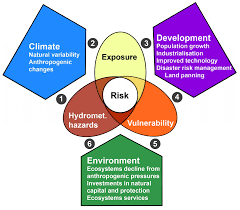
Laljhadi Rural Municipality and Nepal Red Cross Society district chapter here have signed an agreement for bioengineering in a bid to reduce disaster risks in the vulnerable communities.
An embankment would be constructed along the Doda river which flows covering Binbari of Ward No 1, Kuanja of Ward No 2, Nanda Gau of Ward No 3 and Khalla Jai of Ward No 4 in the rural municipality. The embankment to be made by following the bioengineering method would be 1.8-km long.
Laljhadi Rurual Municipality Chairperson Madansen Wadayak informed that the construction would be carried out under the MRED project of Red Cross. The project is providing Rs 1 million while the rural municipality itself bears the remaining cost of Rs 2 million. The embankment using stone and gabion wire was expensive so the bioengineering has been adopted, added Chairperson, reminding that such concept of embankment was forwarded as per local people's demand.
It was replicated after witnessing effectiveness in other areas. Locally available plants and trees including bamboo are used to construct embankment to control soil erosion triggered with river floods and landslide.
The bioengineering has further benefits to the locals- earning livelihood and economic development. It is one of the effective methods to adapt to the climate change as well, according to MRED project officer Mahesh Ghimire.
The rural municipality has also prepared the disaster and climate change adaption work plan.
The MRED project is operative from 2020 to 2022 in 32 communities of Krishnapur, Shuklaphanta, Belauri and Punarbas Municipalities and Laljhadi Rural Municipalities.




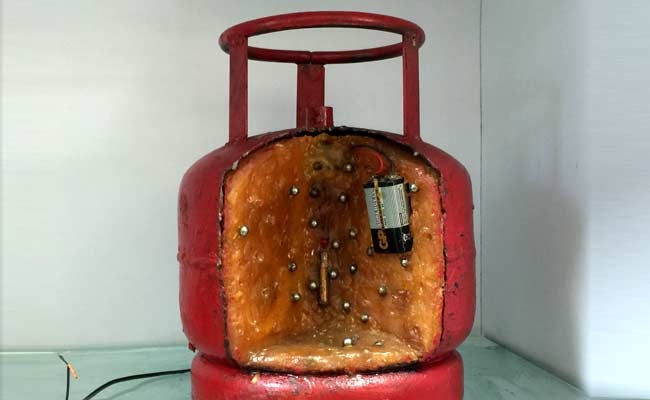
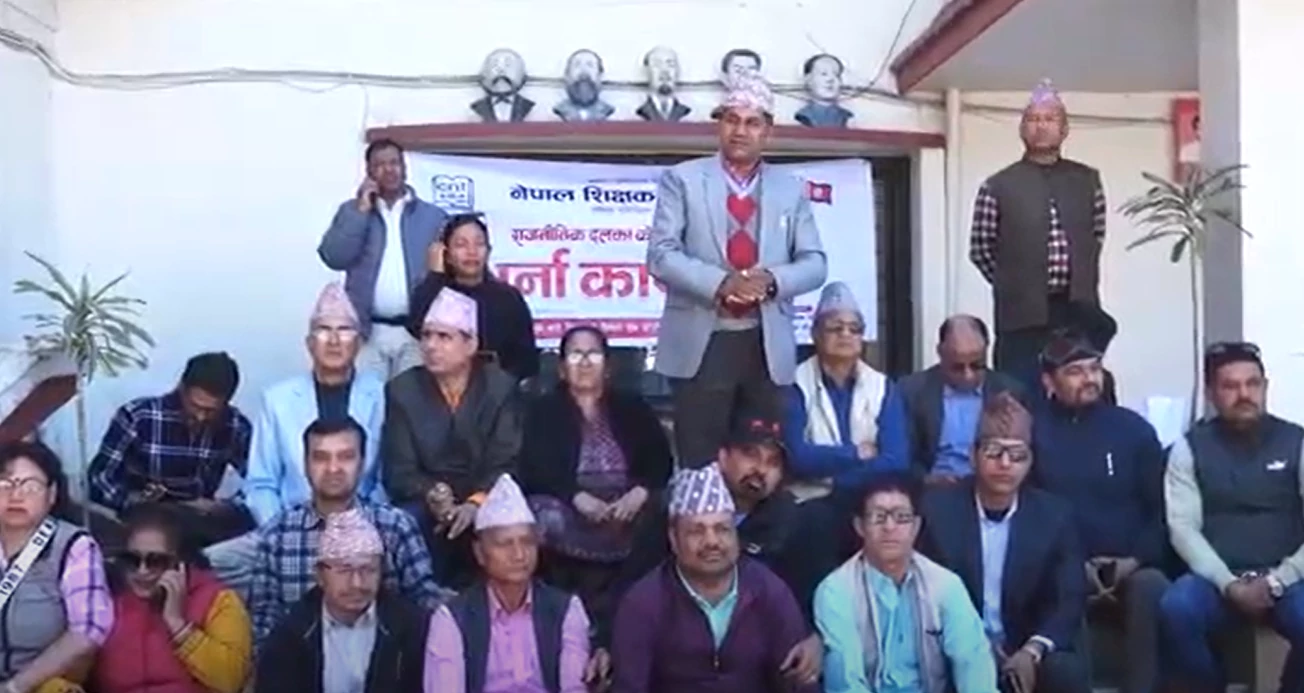
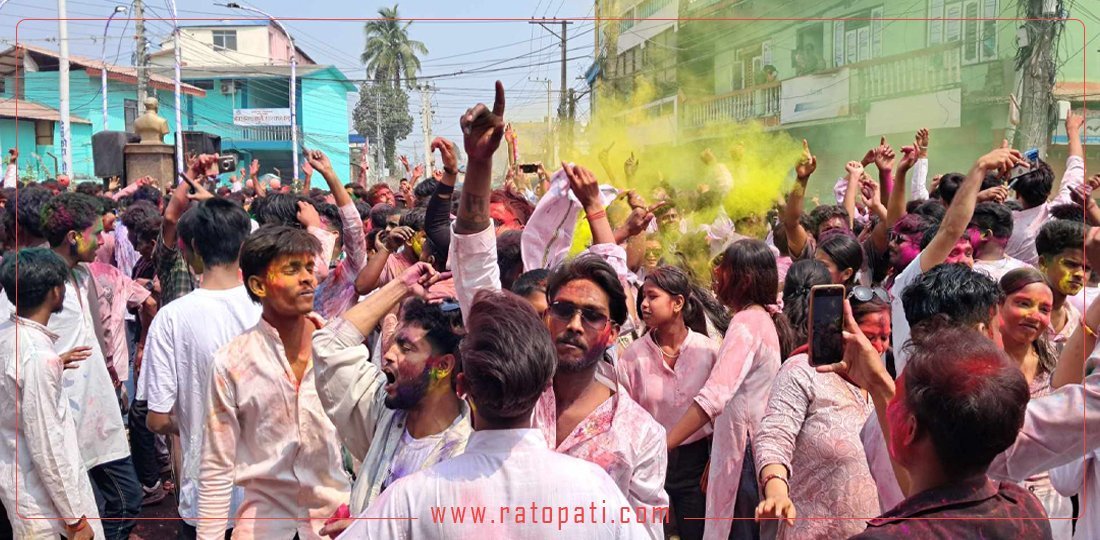
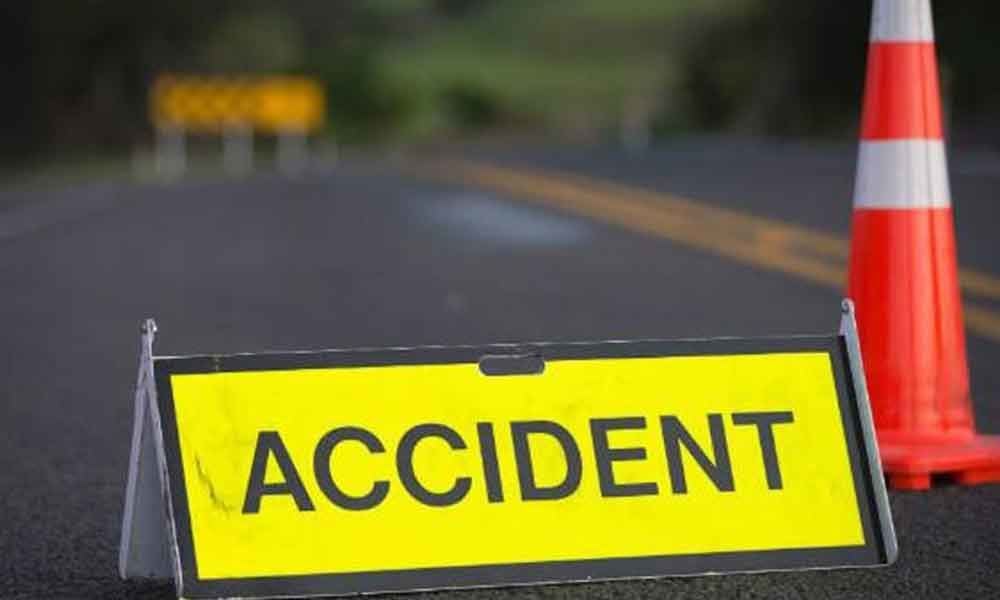
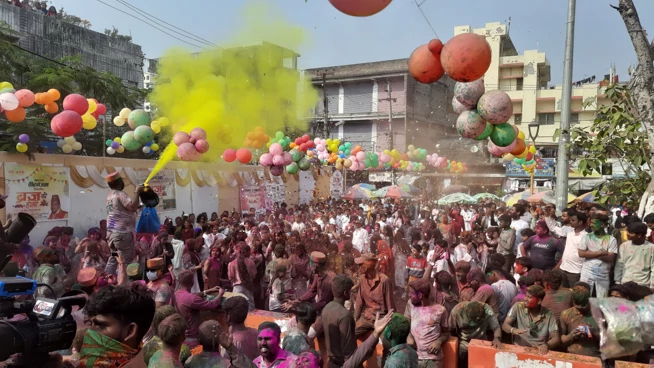
Leave Comment